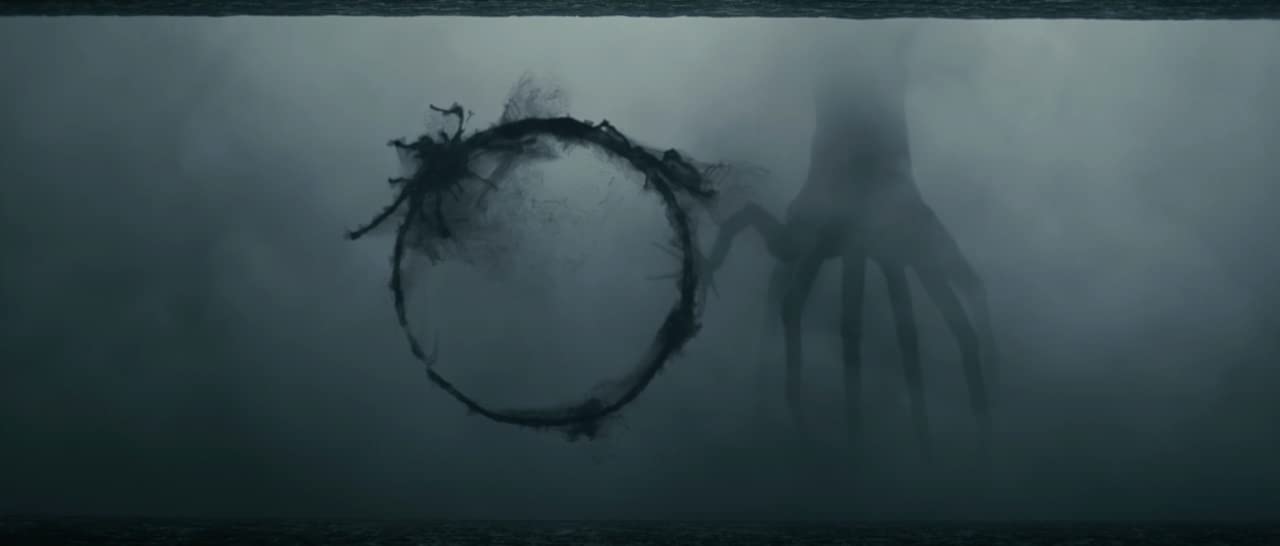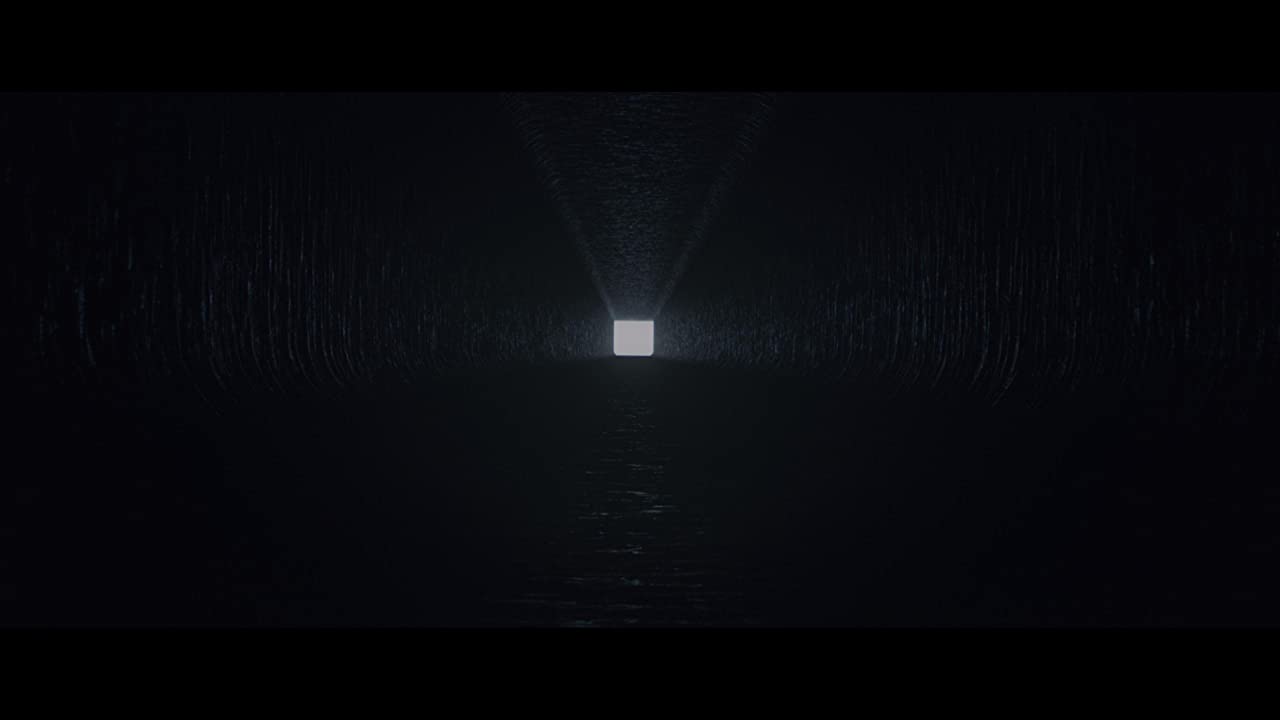
I finally came around to watching "Arrival". Yes, I know, a little late, but as I like to say, you can’t read or watch everything at once. It is an amazing, moving and intelligent movie. I must say that I did wonder how much better it could have been if Denis Villeneuve had not been forced to adhere to some Hollywood conventions. But in so far as Hollywood movies go it doesn't get much better than this.
"Arrival" is based on a short story by Ted Chiang, “Story of Your Life”, included in the awesome Stories of Your Life and Others. After a brief and moving intro, the meaning of which will become apparent at the end of the film, all of a sudden and out of nowhere a group of 12 alien spaceships appear around the world. Louise Banks, played by Amy Adams, is a linguist who is called upon by the US military to ask the aliens why they’re here. To do so, Banks must, of course, find a way to communicate with the aliens, and that means that she must learn their language, if they have one, and teach them to understand hers. The film hints that similar attempts are being made by scientists in other countries.
[Spoiler alert]
I loved how the film mirrors content and form. The aliens communicate in a circular language and the film itself is also circular. I also loved how the Sapir-Whorf hypothesis, the idea that human thought is shaped by language, is woven into the film, whether you believe the hypothesis to be true or not. Throughout the film, which progresses linearly, there are what initially appear to be flashbacks of Bank’s daughter, who died of a genetic illness. But towards the end of the film it becomes clear that these aren’t flashbacks, but instead visions or memories of the future. As Banks learns the aliens’ language, her brain gets rewired and she gains the ability to think the way they do, that’s where the Sapir-Whorf hypothesis comes in. And since the aliens are able to look into the future, well, you get the point. But there’s more. It now emerges that the film's beginning actually happened after the main events. It also follows that before giving birth, Banks knew that her daughter would die of a genetic disease, which is why the father of her child left her. (I deliberately left out some details, in case you haven’t watched the film yet, which I would add if this were an academic paper).
"Arrival" is a visually rich and well-made film. Denis Villeneuve and his team of collaborators put a lot of effort into getting the details right. Among other things they consulted a linguist to help with the construction of the alien language.
Some scenes in "Arrival" are visually stunning. I loved all the scenes in which the aliens write on the transparent screen that separates them from the humans. I also loved the interior of the spaceship, with its textured walls and light at the ceiling, which reminded me of an installation by James Turrell.
If you haven't seen "Arrival" yet, wait until you have forgotten what I wrote above and watch it. It's amazing.
